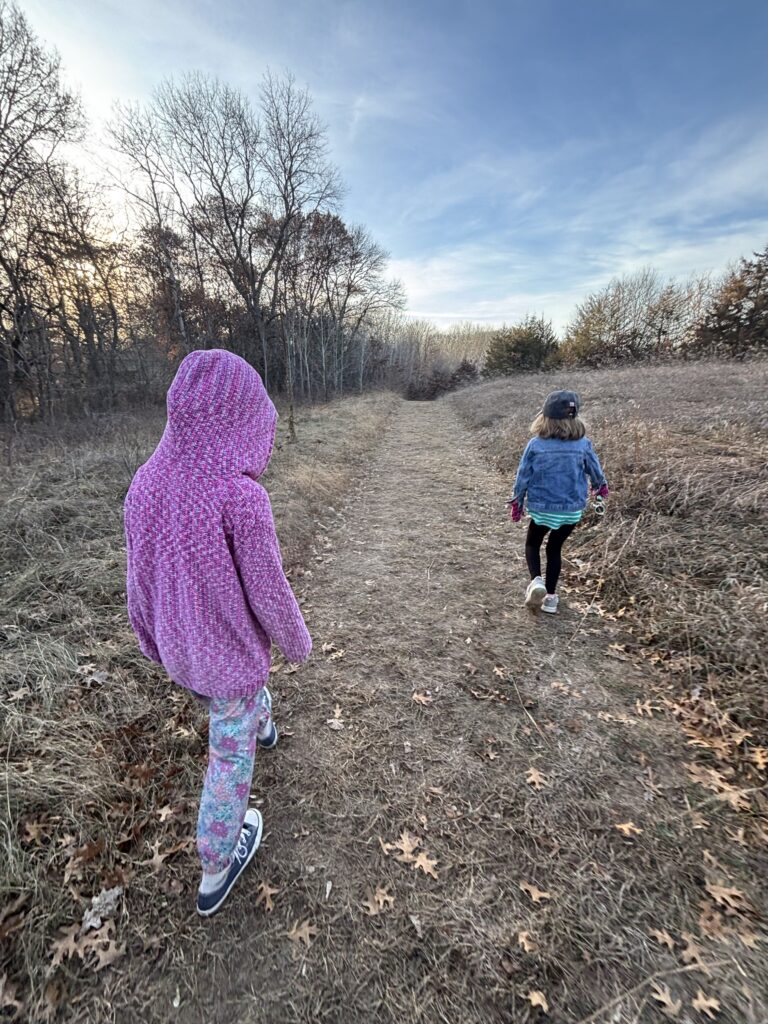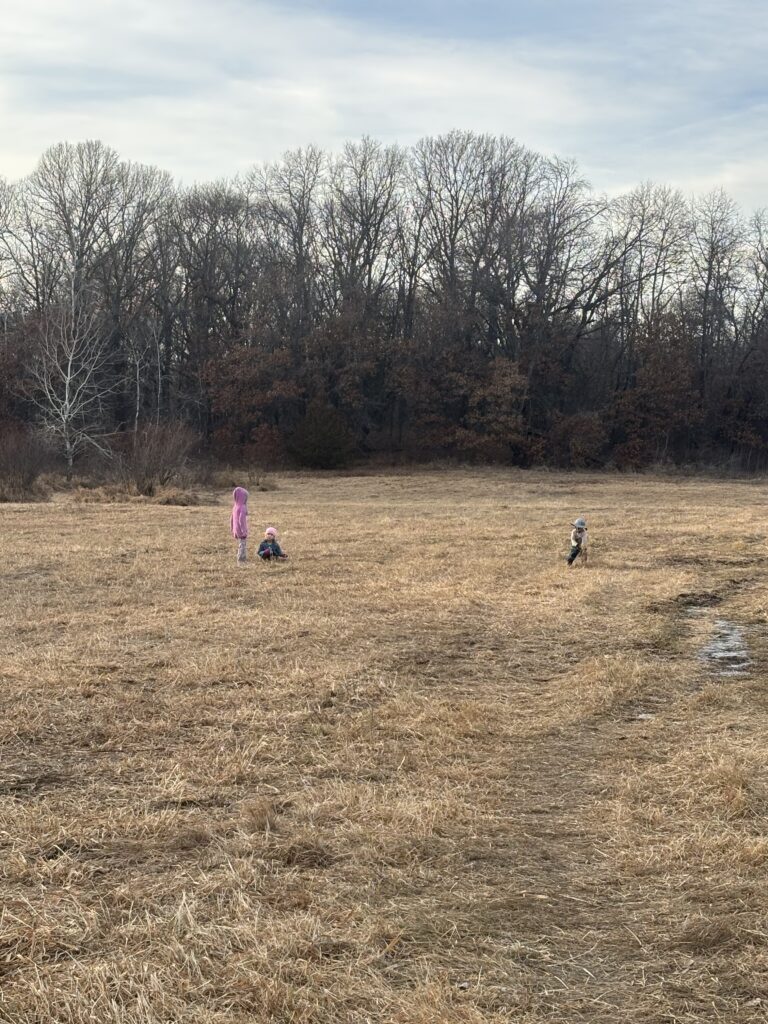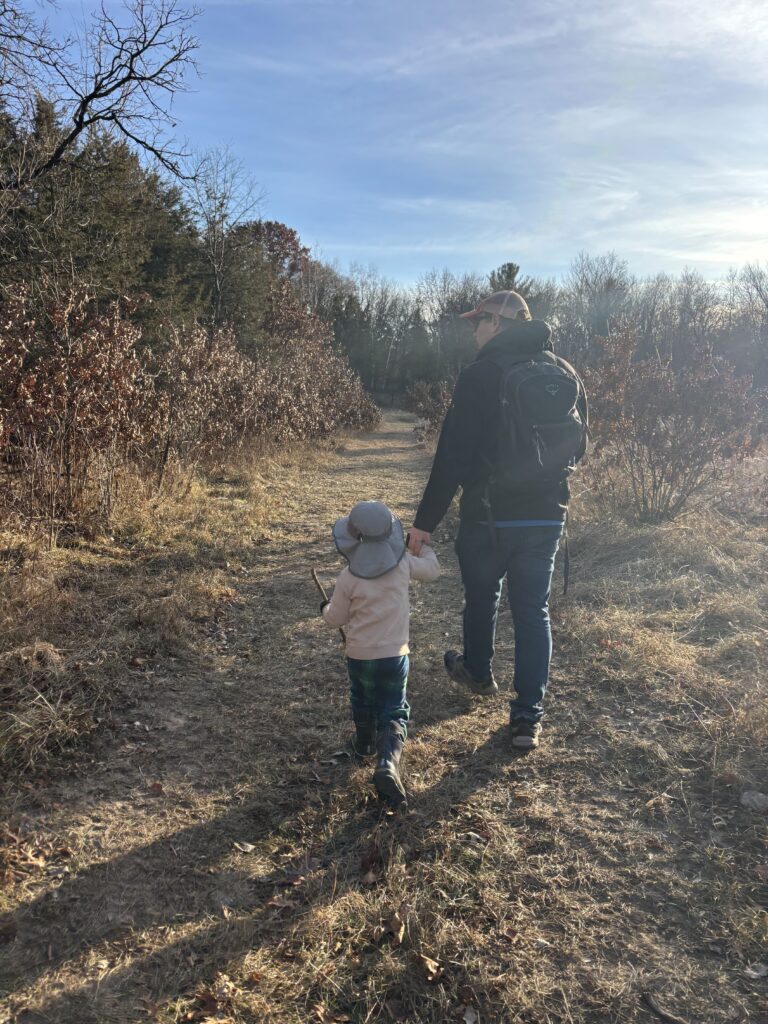Why Playing in Nature is Crucial for Kids



Emotional and Social Growth
Playing in nature offers children an environment where emotional and social growth can flourish. The freedom found in outdoor settings allows kids to express themselves openly and with confidence. This uninhibited expression is crucial for building self-esteem. Children often engage in group activities such as building forts or playing tag, which provide opportunities to develop teamwork skills and effective communication.
In outdoor settings, children are not as confined by structured rules, giving them the chance to experience a sense of liberation that can help manage stress and anxiety. The calming influence of nature, characterized by soothing sights and sounds, offers a break from the constant stimulation of urban life. These natural interactions teach children important social skills, such as empathy and cooperation, which are essential for maintaining healthy relationships throughout their lives.
When kids play outside, they interact with a diverse group of peers, which helps them understand different perspectives and learn conflict resolution. These social encounters are instrumental in teaching children how to negotiate, share, and collaborate. The informal setting of outdoor play also allows children to take on various roles within a group, helping them understand leadership and followership dynamics.
Moreover, nature provides a backdrop where children can safely take risks and face challenges. Climbing trees, balancing on logs, and exploring unknown paths allow kids to test their limits and build resilience. These experiences teach children how to cope with setbacks and build the confidence needed to tackle future challenges.
The sensory experiences found in nature also play a role in emotional and social development. Natural settings offer a range of stimuli—like the roughness of tree bark or the sound of birds—that engage children’s senses and provide a fuller, more immersive play experience. This sensory engagement helps kids stay grounded and connected to their environment, fostering a sense of belonging and well-being.
Children who spend time in nature are also more likely to engage in imaginative play, which is essential for social development. Creating imaginary worlds or pretending to be explorers encourages kids to use their creativity while interacting with others. This kind of play fosters problem-solving skills and helps children understand the social dynamics of cooperation and shared goals.
The physical activity associated with outdoor play is another important aspect of emotional well-being. Running, jumping, and climbing not only improve physical health but also release endorphins, which elevate mood and reduce stress. The combination of physical activity and the calming effects of nature creates a balanced environment where children can thrive emotionally and socially.
Cognitive Development and Nature
Nature offers a rich environment for fostering cognitive development in children. When children play outside, they encounter situations that demand problem-solving and critical thinking. Activities like building a fort, navigating a trail, or even organizing a game require them to think on their feet, plan ahead, and make decisions. These experiences strengthen their cognitive abilities and promote intellectual growth.
The freedom found in nature also sparks creativity. The lack of predefined rules and the abundance of natural elements provide a blank canvas for the imagination. Children are free to invent games, create stories, and explore new ideas. This kind of imaginative play not only entertains but also enhances cognitive flexibility and innovation.
Nature stimulates curiosity and exploration, key components of cognitive development. As children investigate their surroundings, they ask questions, form hypotheses, and seek answers. This natural inquiry process mirrors scientific thinking and builds foundational skills for future learning. Additionally, the unpredictable elements of nature, like changing weather or varied terrain, teach children to adapt and think critically.
Engaging with nature also supports attention and focus. Studies have shown that children who spend time outdoors have improved concentration and are better able to manage distractions. The calming and varied stimuli of natural environments help to reset the brain, making it easier for children to focus on tasks and absorb new information.
Playing in natural settings encourages physical activity, which is closely linked to cognitive development. Movement and exercise boost brain health by increasing blood flow and oxygen to the brain, which enhances cognitive function. Activities like climbing, running, and balancing challenge the brain and body to work together, promoting better coordination and mental agility.
Furthermore, nature offers countless opportunities for observational learning. Watching how animals behave, understanding plant life cycles, and noticing weather patterns provide real-world lessons that books and screens cannot fully replicate. These hands-on experiences foster a deeper understanding of natural sciences and encourage a lifelong love of learning.
Nature play also facilitates cooperative learning. When children work together to build a structure or solve a problem, they engage in collaborative thinking. This social aspect of play promotes communication, negotiation, and shared problem-solving, all of which are important cognitive skills.
By providing diverse and dynamic environments, nature play ensures that children are constantly learning, adapting, and growing. The lessons learned in nature are foundational, helping to develop the cognitive skills needed for academic success and beyond.
Nature’s Impact on Sensory Experiences
Natural settings provide an array of sensory experiences essential for a child’s development. The variety of textures, sounds, and smells encountered outdoors engage all the senses in unique ways that indoor environments often cannot replicate. For example, feeling the rough bark of a tree or the smoothness of a pebble, hearing the rustle of leaves or the chirping of birds, and smelling the fresh earth or blooming flowers all contribute to a heightened sensory awareness.
These sensory-rich environments are crucial for building connections in the brain that are vital for learning and development. Outdoor experiences allow children to refine their senses, which is important for tasks such as distinguishing sounds and improving fine motor skills. Through sensory engagement, children gain a deeper understanding of their surroundings and become more adept at interacting with the world.
Engaging with nature stimulates a child’s curiosity and encourages exploration. Each sensory experience provides new information, prompting questions and fostering a sense of wonder. This natural curiosity drives children to investigate their environment, leading to meaningful learning experiences. The varied stimuli found in natural settings keep children engaged and focused, enhancing their ability to absorb and retain information.
Nature also offers opportunities for sensory integration, where children use multiple senses simultaneously. For instance, a child climbing a tree uses touch to feel the bark, sight to navigate branches, and balance to maintain stability. This multi-sensory engagement helps to develop coordination and cognitive skills. Activities that require sensory integration support the development of neural pathways, promoting overall brain function and growth.
The sensory experiences provided by nature also play a role in emotional regulation. The calming sights and sounds of natural environments, such as the gentle flow of a stream or the rustling of leaves, help to soothe and relax children. These natural elements can reduce stress and anxiety, creating a sense of peace and well-being. By spending time in nature, children learn to use their senses to manage their emotions and find comfort in their surroundings.
In addition to cognitive and emotional benefits, nature’s sensory experiences also foster a sense of connection and belonging. When children interact with their environment, they develop an appreciation for the natural world. This connection to nature enhances their sense of place and identity, helping them to feel grounded and secure.
Building a Lifelong Connection with Nature
Genesis 2:15 (ESV)
“The Lord God took the man and put him in the garden of Eden to work it and keep it.”
Early exposure to nature instills a profound appreciation for the environment, encouraging children to become active participants in preserving our planet. Experiences in the outdoors teach them about the interconnectedness of all living things, fostering a sense of responsibility and care for nature. This early bond with the environment nurtures a sense of stewardship, motivating kids to engage in sustainable practices and conservation efforts as they grow.
Engaging in outdoor activities helps children understand the importance of ecosystems and biodiversity. Simple acts like observing insects, planting trees, or participating in clean-up activities educate them about the delicate balance of natural habitats. These hands-on experiences make abstract environmental concepts tangible, solidifying their understanding and commitment to protecting nature.
In addition to promoting environmental awareness, nature-based activities enhance a child’s overall well-being. The physical, emotional, and cognitive benefits discussed in previous sections contribute to a healthier and more balanced lifestyle. Children who spend time outdoors are more likely to develop a love for physical activities and an active lifestyle, reducing the risk of obesity and related health issues.
Moreover, nature provides endless opportunities for family bonding. Whether it’s hiking, camping, or simply taking a walk in the park, these shared experiences strengthen family relationships and create lasting memories. Parents and caregivers play a crucial role in fostering this connection by encouraging outdoor play and exploration.
Educational programs and nature-based learning initiatives can also support this lifelong connection. Schools and community organizations that incorporate outdoor education into their curriculum help reinforce the importance of nature. Field trips, outdoor classrooms, and nature clubs provide structured yet engaging ways for children to learn about the environment. Check out our classes here at Fig & Olive Learning to see the classes we are offering.
As they grow older, children with a strong connection to nature are more likely to advocate for environmental causes. They may pursue careers in environmental science, conservation, or advocacy, contributing to a more sustainable future. This lifelong connection to nature not only benefits individual well-being but also plays a crucial role in the collective effort to protect our planet.
By nurturing a love for the outdoors, we equip the next generation with the knowledge and passion needed to become responsible stewards of the Earth.
CATEGORY
6/07/2025
COMMENT LOVE